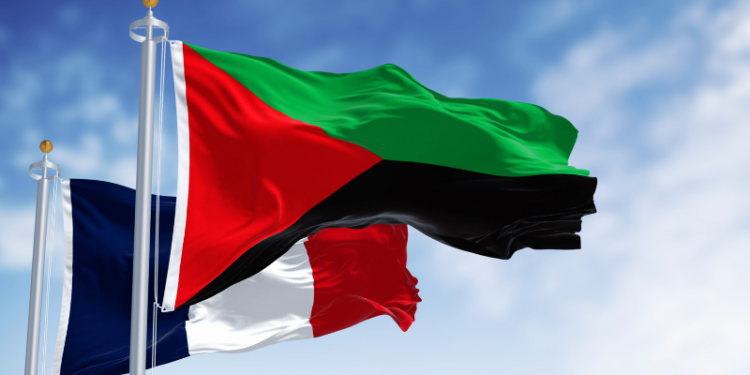On Wednesday, October 16th, authorities in Martinique extended an ongoing night-time curfew in response to violent protests over rising food prices. The curfew, initially implemented last week from 9:00 PM to 5:00 AM, has been extended until October 21. The decision comes after weeks of unrest on the French Caribbean island, where protests were sparked by the high cost of living. One person was killed during the clashes, and dozens of police officers were injured as protesters erected barricades and looted shops.
The protests, which began in early September, were organized by the Rally for the Protection of Afro-Caribbean Peoples and Resources (RPPRAC). The group demands that food prices in Martinique be aligned with those in mainland France, where food costs are significantly lower. Despite the government’s attempt to address the situation with a deal to reduce the cost of 6,000 key imported products by 20%, protest leaders have rejected the offer, arguing that it falls far short of their demands.
Jean-Christophe Bouvier, the French prefect in Martinique, said the price-cutting agreement reached with retailers was insufficient to halt the protests. The RPPRAC continues to push for a broader price reduction on 40,000 products, with leader Rodrigue Petitot vowing to persist until their demands are met. “We are a people legitimately demanding the right to access food at respectable prices, and all we have been given so far is repression,” Petitot stated.
With food prices in Martinique about 40% higher than in mainland France, many residents are struggling to afford basic necessities. The cost of products like meat, butter, and coffee has made living expenses unsustainable for the island’s population of 350,000. Protesters argue that outdated taxes and unnecessary intermediaries are contributing to price inflation.
The unrest prompted the French government to send riot police to the island in late September, marking the first such intervention from mainland forces since 1959. Although the violence has calmed in recent days, local officials remain on high alert as negotiations between the government and protesters have stalled.









